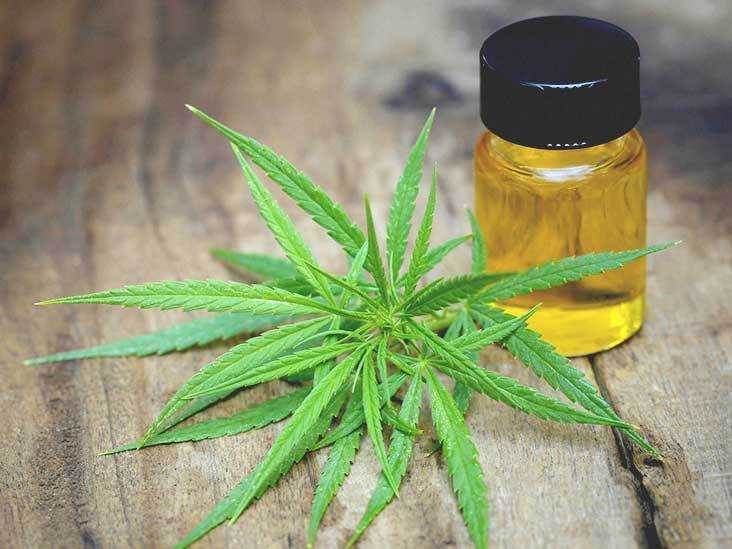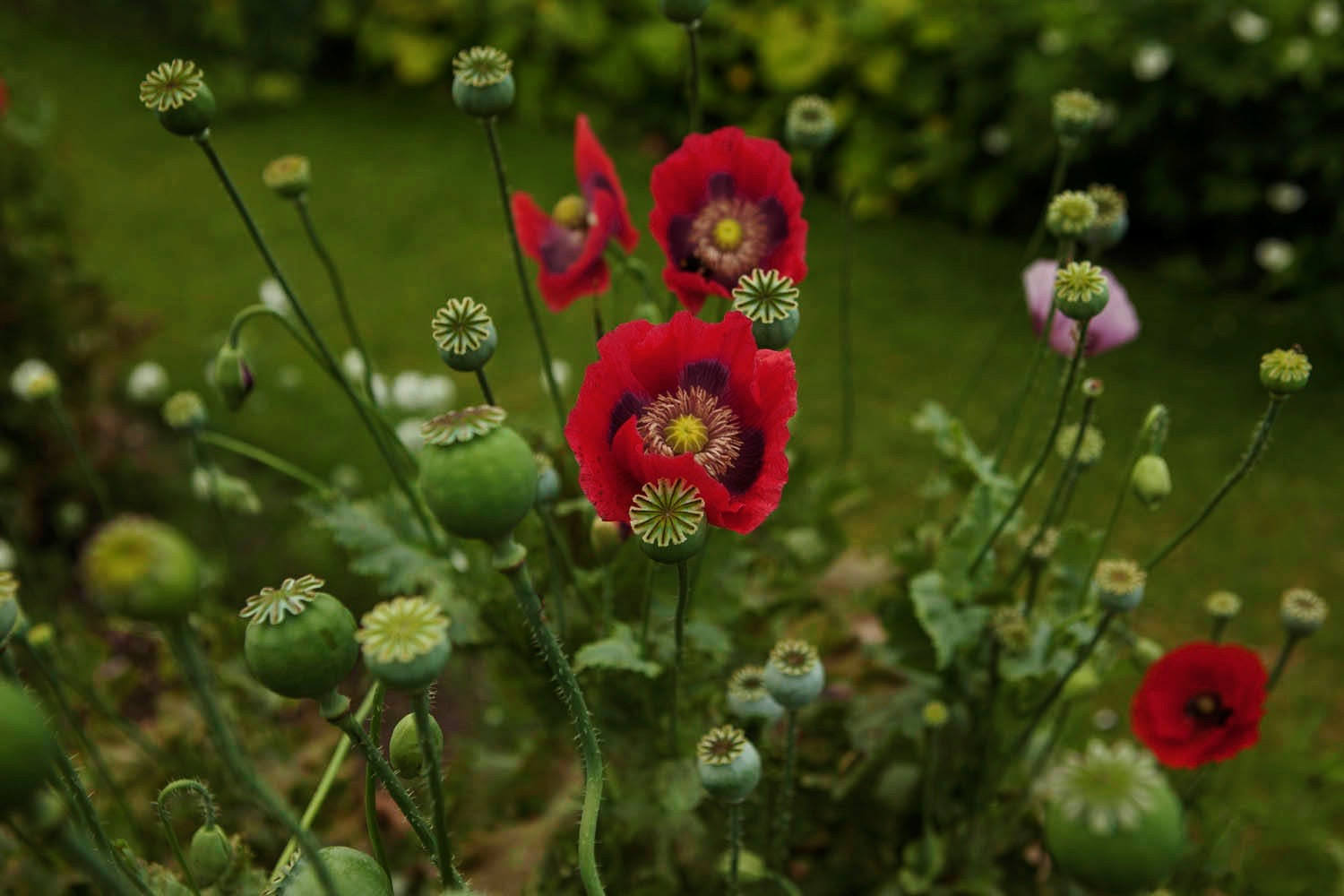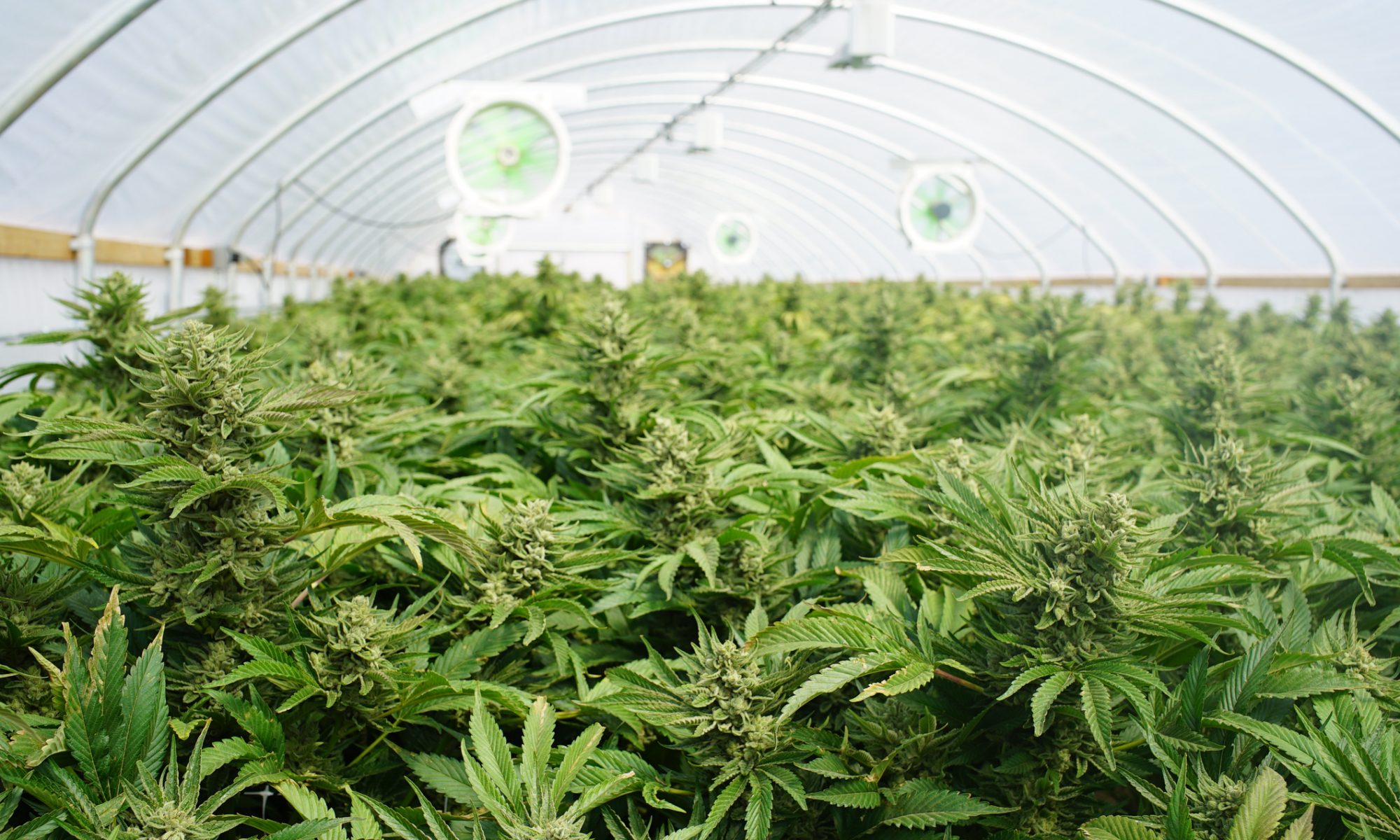“Valerian is a perennial flower that is native to the European and Asian region; now it is widely grown in h America for its medicinal properties. The scientific name of Valerian is Valeriana officials, and there are around 250 varieties of valerian cultivated globally. The history of valerian goes back to Ancient Greek and Roman times where it was widely used for its medicinal properties. Valeriana officinalis extract contains four distinct classes of phytochemical constituents that are volatile oils, sesquiterpenoids, valepotriates, and volatile pyridine alkaloids.
Valerian crop can be cultivated easily by direct seeding, transplanting, or by dividing the roots. It can be grown in a wide range of soils preferably moist, fertile, and well-drained loam. Belgium, France, Holland, Germany, Russia, China, and Eastern European countries are the major producer of valerian. Valerian root can be distilled into oils and ointments, or it can be dried for use in teas or capsules.
Valerian Oil Market Segmentation
Valerian oil market can be segmented by application, by function, and by regions. By application, the valerian oil market is segmented into pharmaceutical, personal care, and food & beverage. By function, the segment is further segmented into medicinal and aroma. Valerian oil market is further segmented by region as, Latin America, North America, Europe, the Middle East, and Africa, and the Asia Pacific. In regional segments, Europe and North America dominated the market for valerian oil accounting for significant market share, whereas, Latin America and other developing markets such as Asia-Pacific and MEA possess the growth opportunities for valerian oil over the forecast period.
Valerian Oil Global Market Trends and Market Drivers:
The global valerian oil market size is growing exponentially with increasing applications in aromatherapy coupled with increasing demand for fragrances and flavors in food and personal care industry over the forecast period.
Valerian is an effective nervine that has calming, stimulating, and antispasmodic properties. Valerian oil provides a multitude of health benefits, such as it helps in preventing muscle cramps, uterine cramps, intestinal colic, protects skin infections, reduces wrinkles, treatment of insomnia and sleep disorders. It also helps in regulating blood pressure, which reduces risks associated with heart attacks, anxiety, and depressions eventually anticipating the growth of global valerian oil market over the coming years. It also helps in improving metabolic function, boosts energy levels in the body, alleviates menstrual pain, eliminating constipation and diarrhea, and cures gastrointestinal discomfort.
Growing consumer preference for natural products has led to the development of innovative applications in personal care and beauty products. Increasing disposable consumer income and rapid industrialization are other major factors driving the market growth.
Read more on New Daily Herald




















